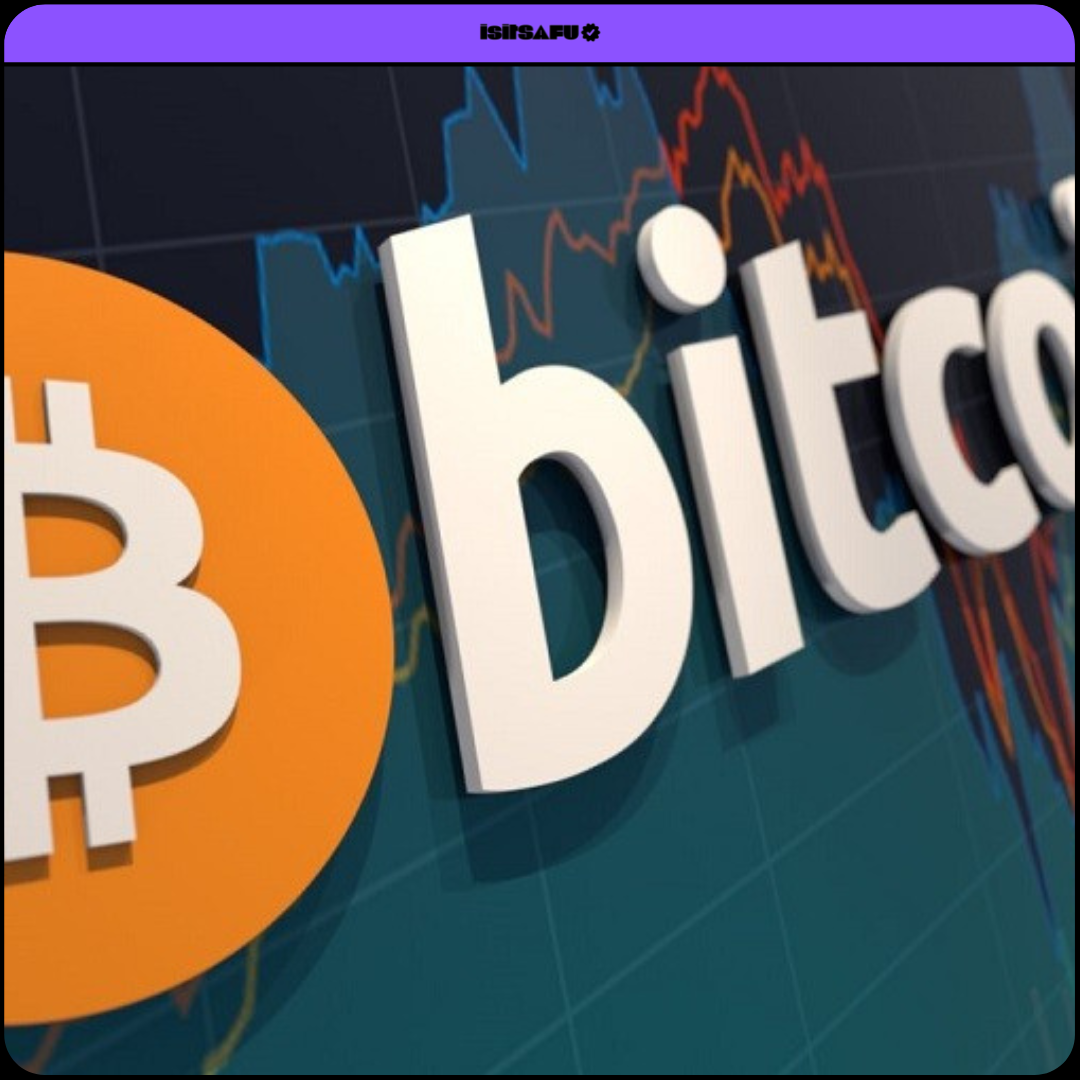I. Introduction
The world of cryptocurrency has been revolutionized by the advent of decentralized exchanges. These exchanges operate on blockchain technology, providing greater security, anonymity, and lower fees. However, there are also some disadvantages to consider when using decentralized exchanges. In this article, we will explore the advantages and disadvantages of decentralized exchanges to help you make an informed decision.
II. What are Decentralized Exchanges?
Decentralized exchanges (DEXs) are cryptocurrency exchanges that operate on a decentralized network, rather than a centralized one. This means that there is no central authority controlling the exchange, and trades are executed through smart contracts. DEXs offer several advantages over centralized exchanges, including greater security, anonymity, and lower fees.
III. Advantages of Decentralized Exchanges
A. Greater Security
Decentralized exchanges are more secure than centralized exchanges because they do not hold user funds in a central location. Instead, funds are held in smart contracts, which are automatically executed when certain conditions are met. This means that users have full control over their funds and are not at risk of losing them due to hacks or other security breaches.
B. No Central Authority
Decentralized exchanges operate on a peer-to-peer network, which means that there is no central authority controlling the exchange. This makes DEXs more resistant to censorship, government regulation, and other forms of interference. Users have full control over their funds and can trade freely without any restrictions.
C. Anonymity
Decentralized exchanges offer greater anonymity than centralized exchanges because users do not have to provide personal information to register. Instead, users can trade anonymously using a wallet address. This makes DEXs a popular choice for users who value privacy and security.
D. Lower Fees
Decentralized exchanges typically charge lower fees than centralized exchanges because there is no middleman involved. Users can trade directly with each other using smart contracts, which eliminates the need for intermediaries. This results in lower transaction fees and greater cost savings for users.
E. Cross-Chain Trading
Decentralized exchanges allow users to trade between different cryptocurrencies, regardless of their blockchain. This means that users can trade Bitcoin for Ethereum, or any other cryptocurrency, without having to go through a centralized exchange. This opens up new trading opportunities and makes it easier for users to diversify their portfolio.
IV. Disadvantages of Decentralized Exchanges
A. Lack of Liquidity
One of the biggest disadvantages of decentralized exchanges is the lack of liquidity. Liquidity refers to the ability to buy and sell assets quickly and at a fair price. Decentralized exchanges have less liquidity than centralized exchanges because they operate on a smaller network. This can lead to slower trade execution times and less favorable prices.
B. Limited Functionality
Decentralized exchanges offer limited functionality compared to centralized exchanges. They do not offer advanced trading features such as margin trading, futures trading, or options trading. This can be a disadvantage for traders who rely on these features to make profitable trades.
C. No Customer Support
Decentralized exchanges do not offer customer support like centralized exchanges. This means that users are responsible for resolving any issues or disputes on their own. This can be a disadvantage for new users who are not familiar with the technology or for users who experience technical difficulties.
D. User Responsibility
Decentralized exchanges require users to take full responsibility for their funds and trades. There is no central authority to provide insurance or reimbursement in case of loss or theft. This means that users must be careful when trading on a DEX and take necessary precautions, such as using a secure wallet and keeping their private keys safe.
V. Conclusion
Decentralized exchanges offer several advantages over centralized exchanges, including greater security, anonymity, and lower fees. However, they also come with some disadvantages, such as limited functionality and lack of liquidity. Ultimately, the decision to use a decentralized exchange depends on the individual user’s preferences and risk tolerance. By understanding the advantages and disadvantages of decentralized exchanges, users can make an informed decision on whether or not to use them for trading their cryptocurrencies.

















